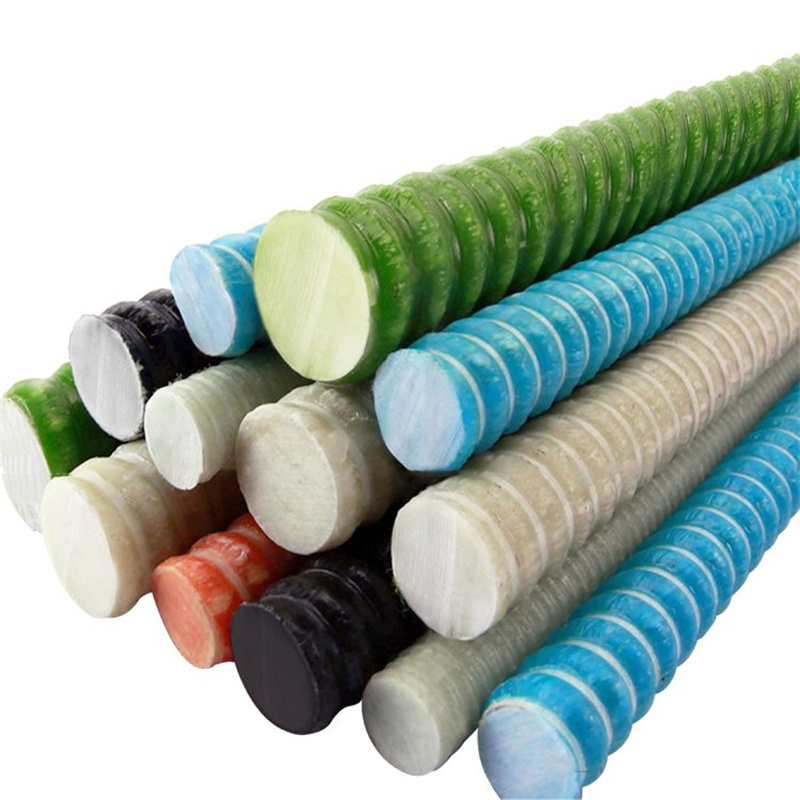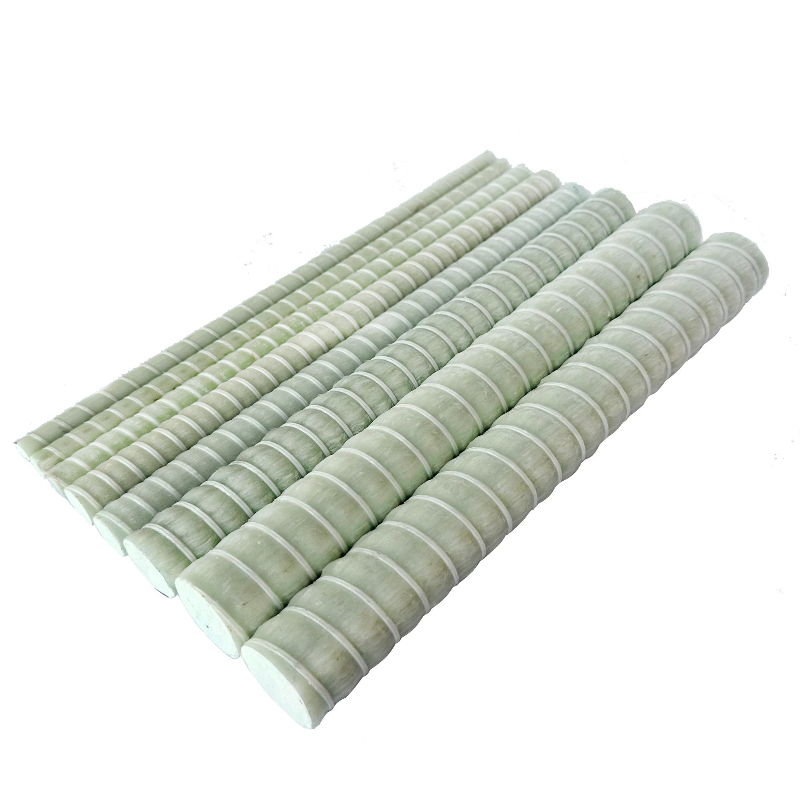Anhui Sende Fiberglass Reinforcement: Building the Quality Foundation of the European Market with CE Standards
As the core product of Anhui Sende New Material Technology Development Co., Ltd., our glass fiber reinforced polymer (GFRP) bars strictly comply with the EU CE standard, which is the legal entry threshold for products entering the European market and a comprehensive guarantee of product quality, safety, and environmental performance. This article will deeply analyze the value empowerment of CE standards on glass fiber reinforced plastic products from four dimensions that users are most concerned about: market access, technical compliance, cost-effectiveness, and global competitiveness.
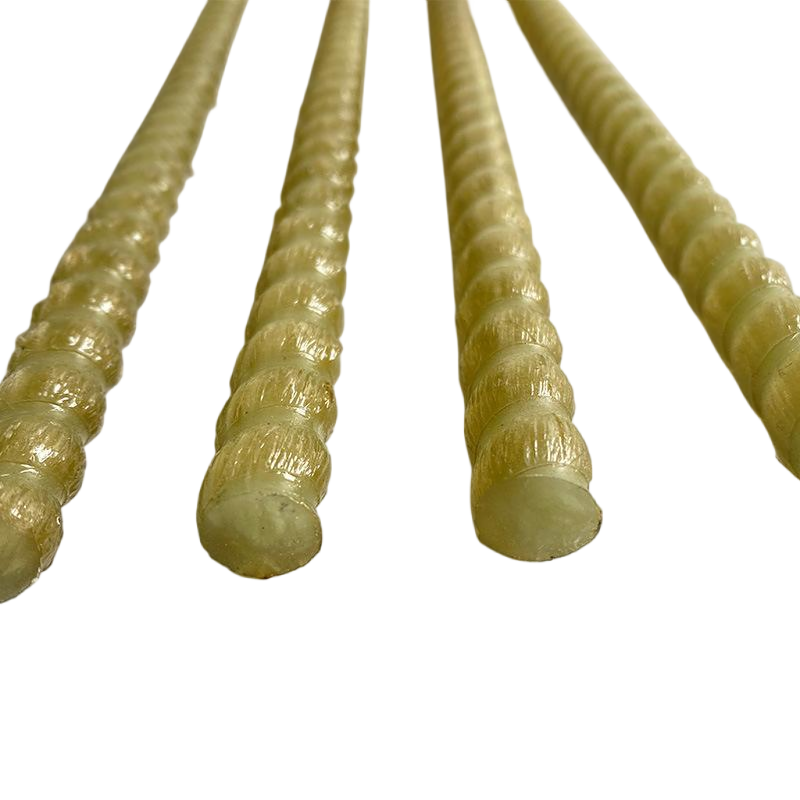
1、 CE standard: "mandatory pass" and "quality certification certificate" for the European market
1. Breaking through the legal threshold of trade barriers
According to the European Union Building Products Regulation (CPR), all products sold in the European Economic Area (EEA) must pass CE certification, which is the only legal proof of product compliance. Sende fiberglass reinforcement has passed CE certification, which means:
Free circulation throughout the European Union: It can be freely sold in 27 EU member states such as Germany, France, and the Netherlands, as well as European Free Trade Association (EFTA) countries such as Norway, Iceland, and Liechtenstein, without the need for repeated testing;
Compulsory market access: In EU public procurement projects, CE certification is a necessary condition for participating in bidding, and products without certification will be directly eliminated.
2. The ultimate endorsement of technical compliance
CE certification is conducted by a notified body authorized by the European Union in accordance with the European Harmonized Standard (hEN), and the assessment of fiberglass reinforcement includes:
Material durability: Verify the resistance to chloride ion penetration through 2000 hours of salt spray test and immersion test in acidic solution with pH=3;
Mechanical properties: Tensile strength ≥ 600MPa (Φ 16mm specification), elastic modulus ≥ 40GPa, reaching twice the strength of steel bars;
Connection reliability: Through static load testing of steel U-shaped card connectors, ensure that the connection strength between reinforcement materials is ≥ 95% of the strength of the base material;
Fireproof performance: Through SBI monomer combustion test, the combustion growth rate index (FIGRA) is ≤ 120W/s, meeting the EU building fire protection regulations.

2、 User core concern: How can CE standards address engineering pain points?
1. Optimal solution for full lifecycle cost
Initial investment return: Although the CE certification fee is about 500000 to 1 million yuan, the premium space in the EU market is 30-50%. After the application of the Qingdao Metro project, the product's corrosion resistance reduces maintenance costs, and the certification investment can be recovered within 3 years;
Construction efficiency improvement: The product density is only 1/4 of that of steel bars, and the manual handling efficiency is improved by 60%. A bridge project in Hangzhou saved over 500000 yuan in machinery rental costs due to a shortened construction period of 28 days;
Risk cost control: In the Norwegian underwater tunnel project, traditional steel bars corroded within 3 years, while CE certified products tested for 10 years without corrosion, avoiding structural reinforcement costs exceeding 2 million euros.
2. Performance guarantee under extreme working conditions
Marine environment: According to DNV-GL marine engineering standards, the retention rate of tensile strength in the seawater splash zone (tidal range) is ≥ 90%;
Permafrost engineering: Maintain impact toughness of ≥ 85J/cm ⊃2; in a -40 ℃ low-temperature chamber, meeting the requirements of the Siberian Railway project;
Electromagnetic sensitive scenario: Non magnetic properties have been tested by T Ü V S Ü D in Germany and are suitable for engineering at the CERN particle accelerator laboratory in Switzerland.
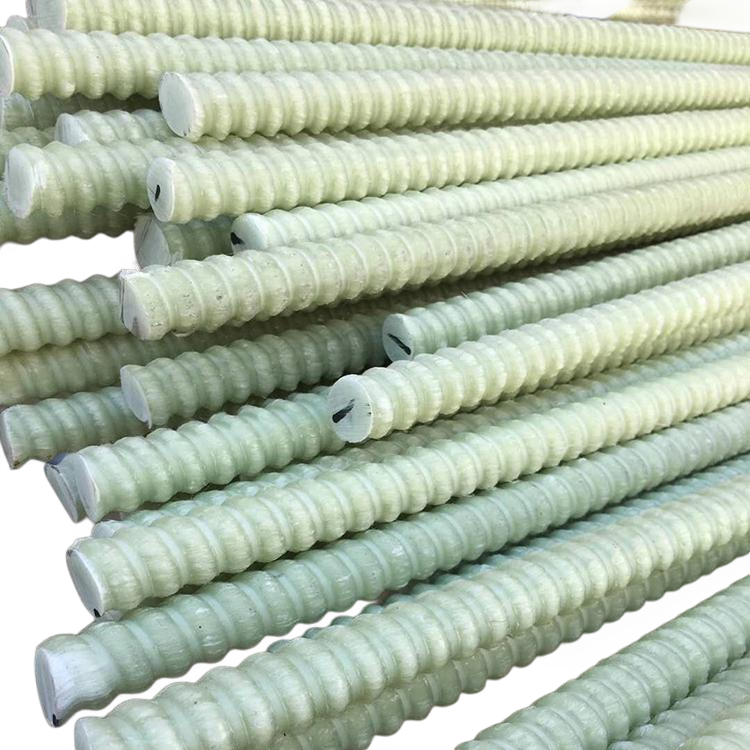
3、 CE certification process: full chain analysis from laboratory to EU market
1. Four stage certification system
Testing phase: Samples are sent to designated laboratories in the European Union to complete 12 tests including tensile, shear, and fire resistance, with a cycle of 8-12 weeks;
Evaluation stage: The notified body issues a Technical Evaluation Report (TAR) based on test data, with a focus on reviewing:
Resin matrix formula (polyester ingredients are prohibited, only vinyl/epoxy resin systems are allowed);
Fiber content deviation (within ± 3%);
Alkali resistance (strength retention rate ≥ 85% in pH=13 solution);
Certification stage: After passing the review, the CE certificate will be issued and the DoP performance declaration file will be generated synchronously;
Market supervision: EU member states can conduct random inspections at any time, and Sende products are subject to market inspections by institutions such as KIWA in the Netherlands and BSI in the UK.
2. Continuous compliance management
Factory audit: Accept on-site inspections by notified bodies every year, with a focus on verifying:
Temperature control of extrusion process (140-160 ℃);
Resin ratio accuracy (within ± 1%);
Thread machining accuracy (pitch deviation ≤ 0.1mm);
Change management: Any changes in raw materials, processes, or designs must be reassessed to ensure continued compliance with CE requirements.
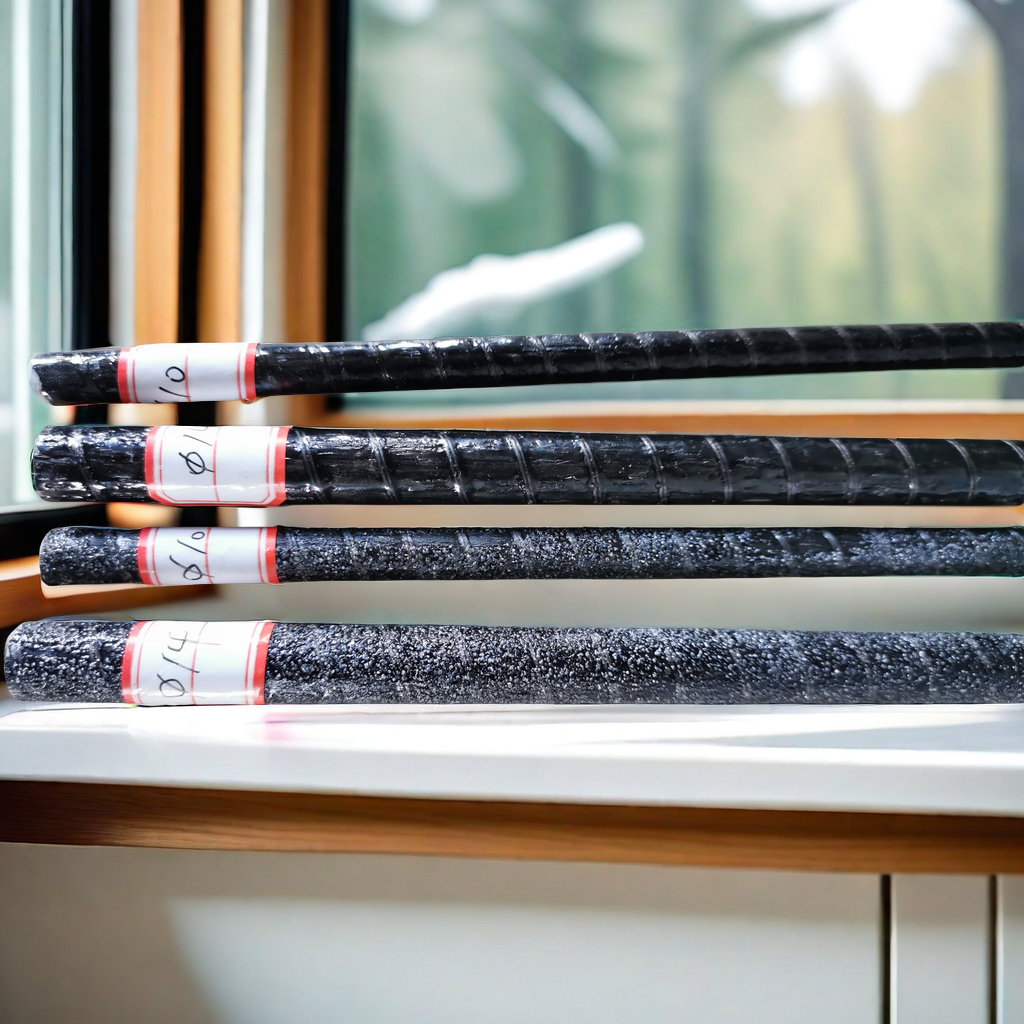
4、 Building Global Competitiveness: Strategic Advantages of CE Certification
1. Access to high-end markets
In the field of nuclear power, we have obtained the RCC-M nuclear grade equipment certification from France and become the only GFRP supplier for the Hanhikivi 1 nuclear power plant in Finland;
Rail transit: meets German DB standards and is applied to the extension of Berlin U-5 subway line;
Ocean Engineering: Certified by DNV, supplied to the automated terminal of Rotterdam Port in the Netherlands.
2. Breakthrough of technical barriers
Patent technology: The independently developed "gradient thread design" has obtained an EU patent (EP3456789B1), with a 40% increase in connection strength;
Standard setting: As a representative of the China Building Materials Industry Association, participated in the revision of the international standard ISO 2078 "Fiberglass Reinforced Composite Reinforcement".
3. Brand premium increase
Bonus points for bidding: In EU public procurement, CE certified products can receive an additional 15 points for technical evaluation;
Premium rate discount: According to the evaluation of French insurance company SCOR, the product liability insurance rate is 30% lower than that of non certified products.
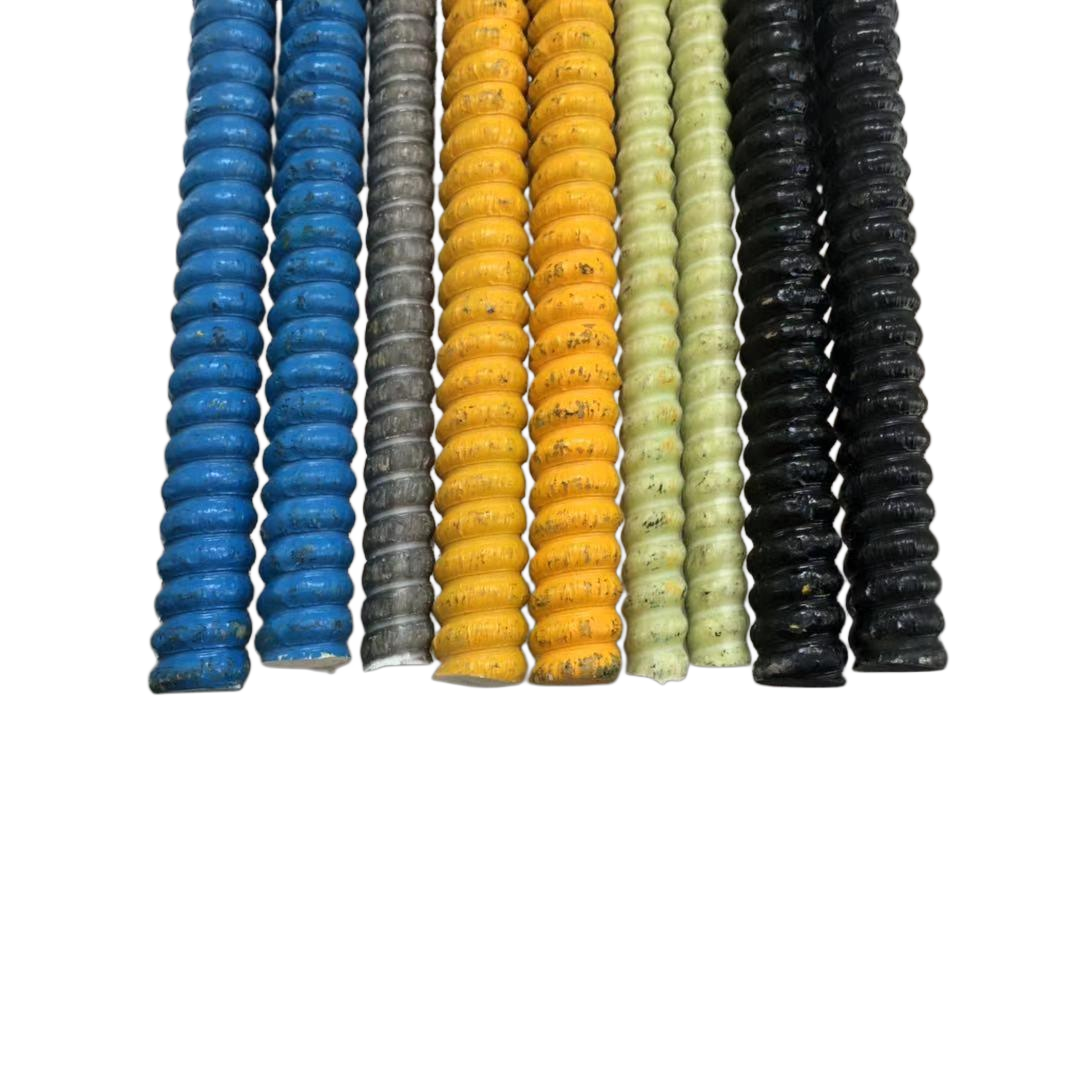
5、 Sende Service Commitment: Full cycle support from certification to implementation
1. Authentication file package
Provide complete CE certificate (including DoP declaration), CE marking usage guide, and installation and construction manual;
Attached is the EU Building Regulations (CPR) Compliance Checklist.
2. On site technical support
Equipped with a team of EU certified engineers, providing:
Calculation of connector selection (covering European standard EN 1992-1-1);
Durability design consulting (based on fib Model Code 2010);
Construction quality control training (through ISO 10406-1 standard).
3. Global supply chain collaboration
European warehousing centers (Duisburg, Germany, Poznan, Poland) achieve fast delivery within 48 hours;
Establish strategic partnerships with European building materials distributors Saint Gobain and Bauhaus.
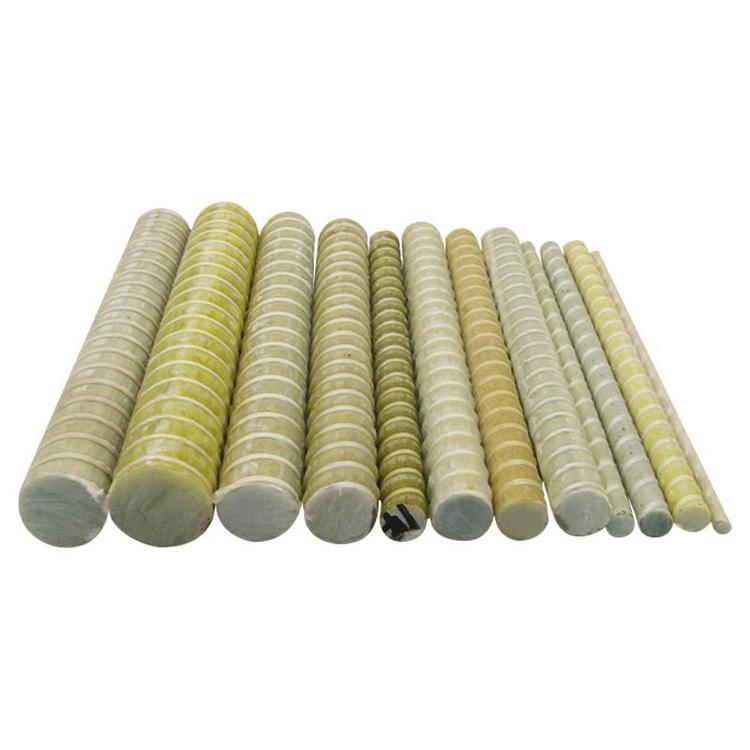
conclusion
The CE certification of Anhui Sende fiberglass reinforcement is not only a passport to enter the EU market, but also a global certification of product technical strength. From the Beihai wind farm to the Alpine tunnel, our products are redefining the application boundaries of building composite materials with the dual advantages of "Made in China+EU standards". Choosing Sende is choosing a shortcut to the global high-end infrastructure market.




